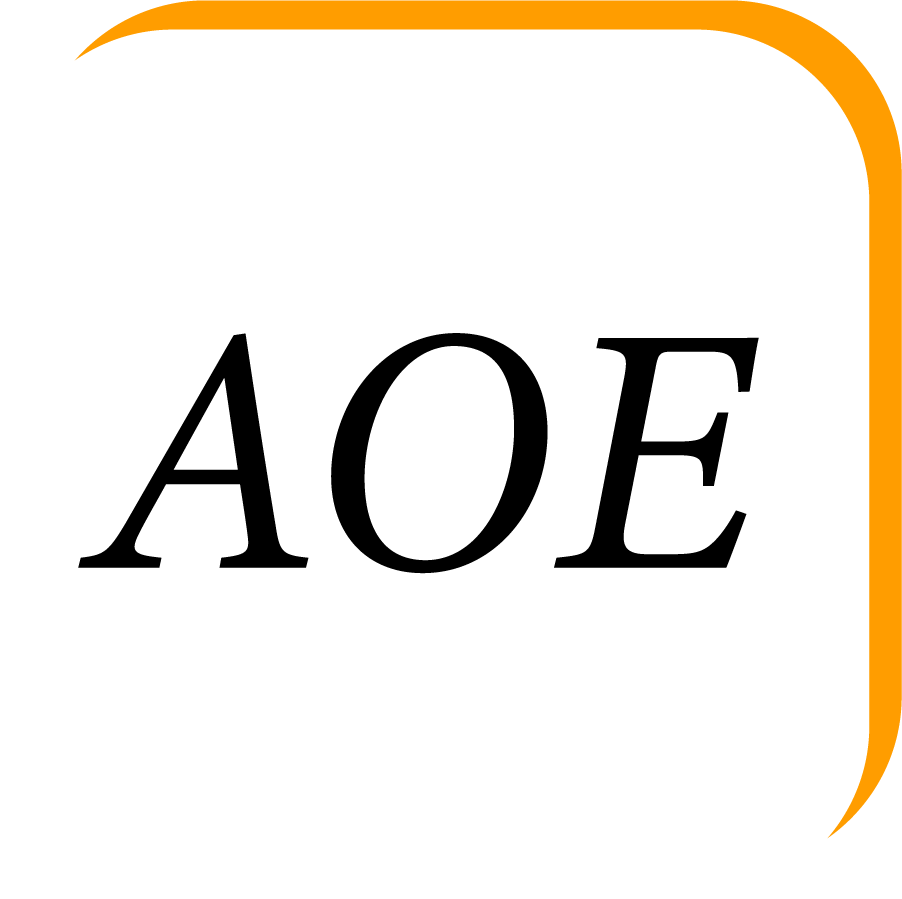Africans need a unified language other than English & French cannot be overstated. Language plays a crucial role in shaping identity, culture, and connection within a community. A common language allows for effective communication and collaboration on the African continent, facilitating trade, economic development, and cultural exchange. Africans must recognize and embrace their diverse linguistic heritage, promoting linguistic diversity while preserving and encouraging a unified African identity.
With the recent development of the Sahel allegiance and several countries experiencing a revolution amongst the new leadership among the upcoming generation, there has never been a more critical time to establish what an African is than now. Not what has been defined for us, but actually defining what an African is in order to determine how unity will manifest on the continent.
There is no doubt that language plays a huge role in the process of communication and the potential outcome of conversations. It brings a level of familiarity when speaking with people from different countries.
In the case of Africa, since it was divided during the Berlin Conference, countries that would otherwise be very similar have a distinction that serves as a barrier between what might otherwise have been very close relatives. For instance, Cote d’Ivoire and Ghana have similar tribal ties to the Akan, but are divided between Francophones and Anglophones. Or Cameroon and Nigeria. These barriers were meticulously designed to benefit the nations that created them. Now we are in a position where we can decide how to reconcile the damage done.
Maintaining Heritage
Traditional languages should not be lost. No one is advocating against the use of your traditional language. But besides teaching French and English in schools, what about the teaching of an indigenous African language throughout the continent so we are able to understand each other better? This has been strategically implemented in the most successful continents and groups of people. Russians, Chinese, Indians, South Americans, and North Americans did this so that they could communicate wherever they may be within those lands.
Swahili is the most spoken language in several African countries, as well as the most spoken language in the continent. As the saying goes, if it isn’t broken, don’t fix it. Maybe there is no need to reinvent the wheel here and countries in Africa should adopt this language in the same way we adopt those foreign languages that have been imposed upon us by colonialism.
Makes life easier for Africans
Imagine watching the AFCON or the African Football League without having to force yourself to understand English or French. Or even watch a game with announcers who are also trying to speak a foreign language but whose accents can be heard faintly throughout. Imagine you’re a business looking to advertise in Africa, unified language gives you that power. There is no need to create four different commercials or twenty different messages, you only need to send one message to one audience. Similarly, look at the film industry where we have Nigerian, Ghanaian and South African films competing for market share, but it will always be regional until we adopt this unifying language. That will allow the film to break new ground. It is evident that the music industry in Africa today is breaking all sorts of barriers due to the fact that it is being sung in English to appeal to international audiences.
By doing so and blindly pursuing awards, wealth, or recognition, we slowly lose sight of the motherland and continue on the path of a group of people that speak colonial languages and are only rewarded for doing so devaluing Africa to the status of an appendage continent for former colonies. It is extremely important that we take the necessary steps and call out our leaders to include languages like Swahili in our school curriculum so that at a young age we will be able to communicate with one another if we move from Kenya to Botswana or from Nigeria to Senegal.
